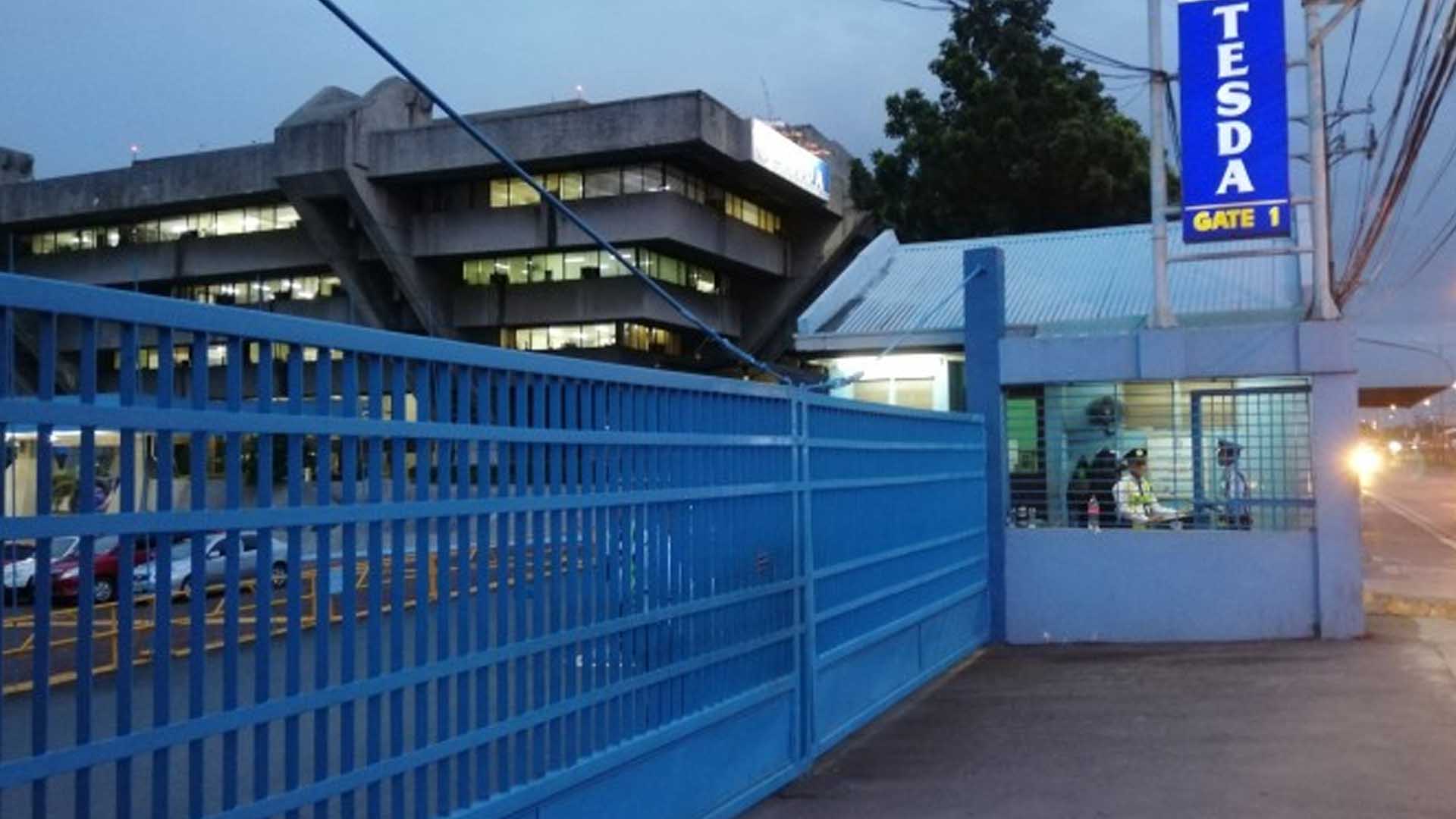Hundreds of individuals from Ifugao province have completed their training from the Technical Education and Skills Development Authority (TESDA) which they can use to start an economic activity for themselves and help boost the country’s rice and food production.
In a message delivered during the graduation activities in Lamut and Alfonso Lista towns and sent to the Philippine News Agency on Wednesday, TESDA-Cordillera regional director Jeffrey Ian Dy said the government is investing in human resource skills enhancement to be able to allow individuals to help improve their livelihood, which would redound to the country’s economic growth.
One of the graduation rites was held last week for 13 graduates in Alfonso Lista who underwent four to seven months of training on qualification production of high-quality inbreed rice and seeds, and farm mechanization in the different farm schools under the Rice Competitiveness Enhancement Enhancement Fund- Rice Extension Services Program (RCEF-RESP) scholarship program.
A separate ceremony was held in the same town for 75 trainees of Rice Machinery Operation (RMO), 51 trainees in crops planting also under the RCEF, and 200 trainees who finished motorcycle/small engine system leading to motorcycle servicing under the Special Training for Employment Program (STEP).
Another graduation was held for 150 trainees in Lamut who also finished RMO under the Rice Enhancement Scholarship Program and Organic Agriculture Production (OAP) under the Training for Work Scholarship Program.
Aside from scholarship, the graduates under the RESP scholarship also received a PHP160 daily allowance, free training in farming skills, as well as entrepreneurship training, and accident insurance. They also received Philippine Rice Research Institute (PhilRice) assistance such as seeds and other training.
Those who graduated under the STEP scholarship also received an allowance, insurance, and a starter tool kit.
Dy urged the graduates to use their mastery of the theory and practice of the Farmers Field School on Production of High-Quality Inbred Rice and Seed Certification when they return to their work and introduce to others the new techniques they learned to improve the productivity and output of their farms.
“I truly commend this batch’s graduates. the skills you cultivated in this training is not only for your enhancement but also that of the nation’s,” he said.
Dy mentioned that during the pandemic, it was agriculture that showed resilience as people locked in their homes continued to eat and consume agricultural products.
“This adds credence to the adage that we heard from our parents, “babagsak na ang ekonomiya, pero kailangan pa ring kumain ng mga tao (the economy will slump but the people still needs to eat). This is how important agriculture is for our country,” he said in his message.
The low level of productivity and slow growth in the Philippines’ agricultural sector has resulted in a high incidence of poverty within the sector, but the times have changed, Dy noted.
“The government is now investing heavily in this sector. The government is backing the Department of Agriculture’s programs in an attempt to improve food security, rural income, and infrastructure. Some initiatives by the DA in a bid to improve the post-harvest losses, while making products less expensive as well as stabilizing labor costs, are farm mechanization, national organic agriculture, and post-harvest development” that led to the partnership with TESDA, he said.
He noted that the RESP’s goal is to improve the competitiveness, productivity, and income of Filipino rice farmers by 50 percent by the year 2024.
Dy said the government sees the achievement of such a goal through the technology and training provided to farmers to decrease their production cost by as much as 30 percent, reduce post-harvest cost by 12 percent, and trim down marketing cost by as much as PHP1 per kilogram of unhusked rice.
“In simple terms, we hope to bring technology to farming to raise the economic viability of farm entrepreneurship,” he said.
Steff Peligman, information officer of TESDA-Cordillera, said the government through the agency provides different scholarships to all Filipinos to re-skill, upskill or provide new skills that the person can use in looking for employment or in starting a business.
“We have several scholarships, they just need to visit the TESDA offices or inquire thru the online pages of the agency and there surely be something for them to avail of,” Peligman said in a separate message.
The training of the graduates in Ifugao was completed and made possible with the help of the Bayawon’s Farm, Jacob’s Farm, and J&E Integrated Farm, ROUMEIA Agri-Tourism and Training Center Inc., Ivan Baguilat Farm Training Center, and Camat’s Integrated Organic Agriculture Farm Training and Assessment Center, together with the trainers from the sector. (PNA)







